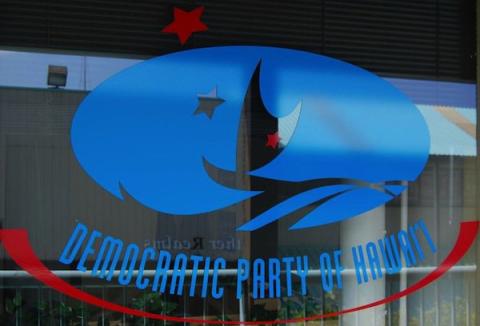The DHP argued that the open primary system infringed on its First Amendment right of association because such a right includes the ability to “limit its association to people who share its views.”
Because voters do not have to state party affiliation -- or lack thereof -- when they register to vote and can freely choose between the Republican or Democratic ticket during primary elections, the DPH insisted that its constitutional right was severely burdened if it has no way of knowing with whom it is associating.
The fundamental argument of the party is that its right to restrict persons from participation in its primaries trumps the constitutional right all voters have to be able to cast a meaningful vote. While partisan primaries pick the party's candidate, they also decide the limited selection of candidates all voters will have to choose from in the general election -- not to mention they are paid for with public funds.
From Judge Michael Seabright:
“The DPH would likely not be ‘severely’ burdened by not being able to reject persons who fully embrace its values. The possibility of crossover voters might make no difference.
While crossover voting is a common argument made by parties nationwide either to keep a closed primary system or reform current election laws to close party primaries, the DPH filed a lawsuit on the assumption that it could happen instead of presenting evidence that it was happening.
The court ruled that while anonymity creates some burden, it cannot assume the DPH is severely burdened by it.
Furthermore, citing Washington State Grange v. Washington State Republican Party, the court found that the plaintiff's argument also rested on the assumption of voter confusion which also failed court scrutiny because of the same absence of evidence.
Read the full ruling:
